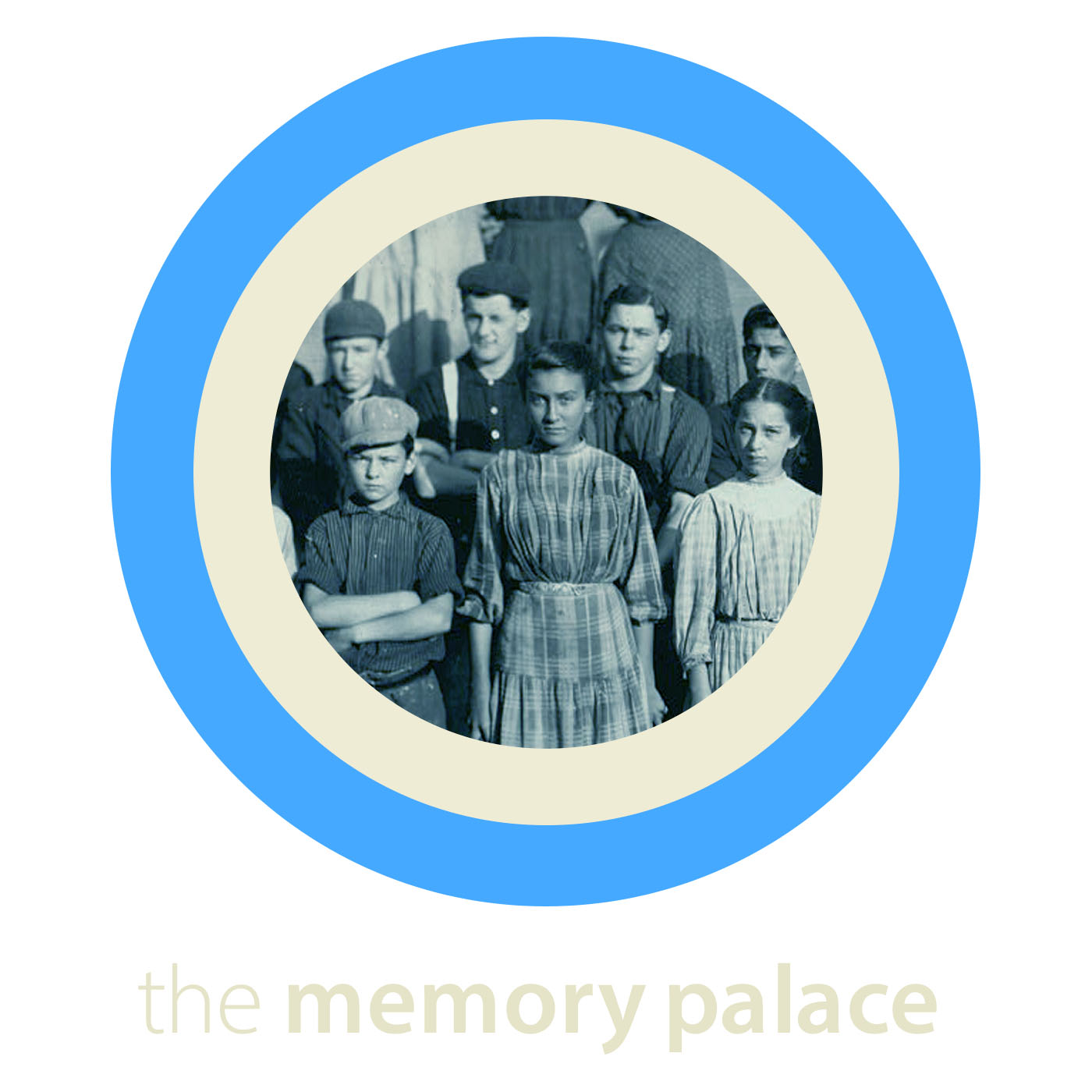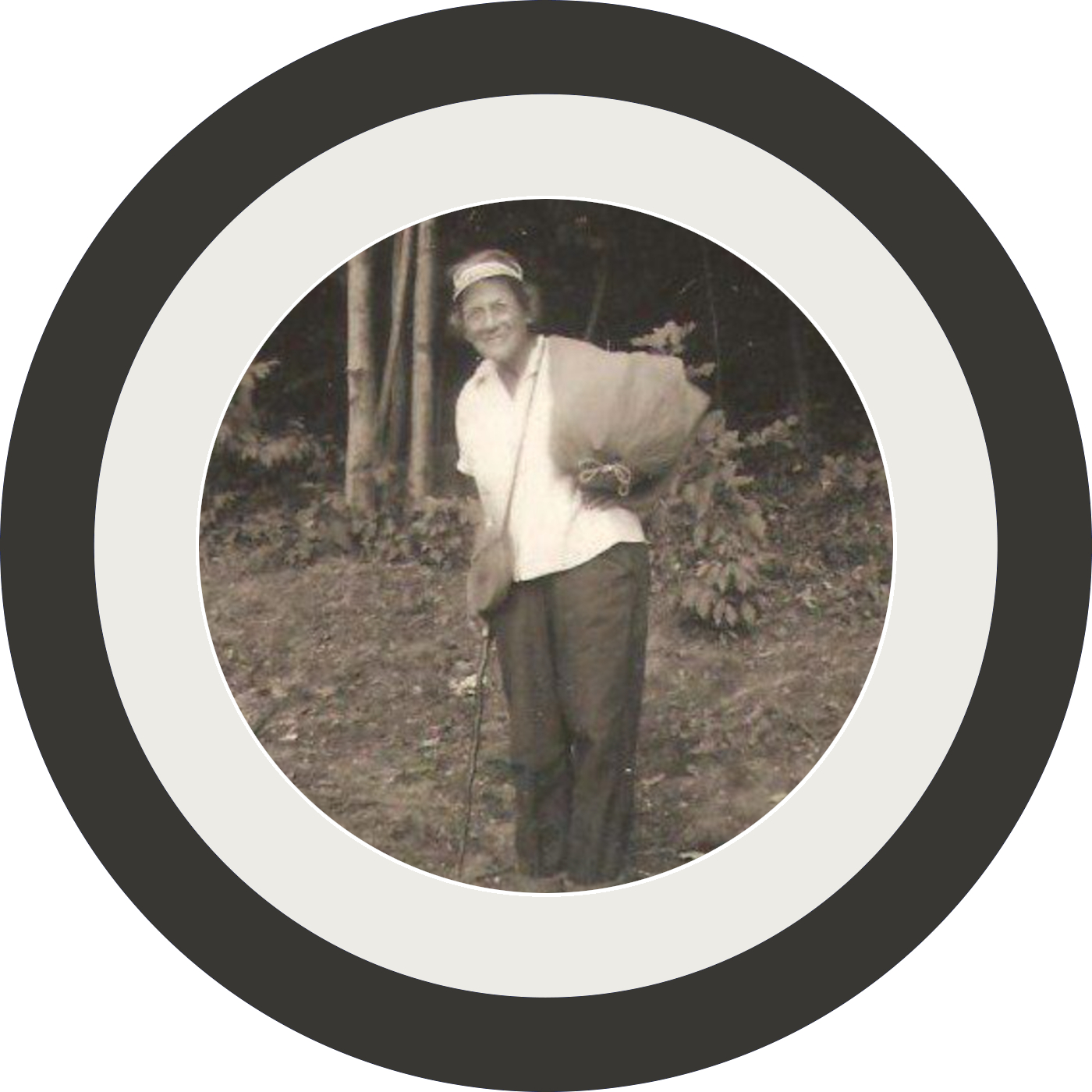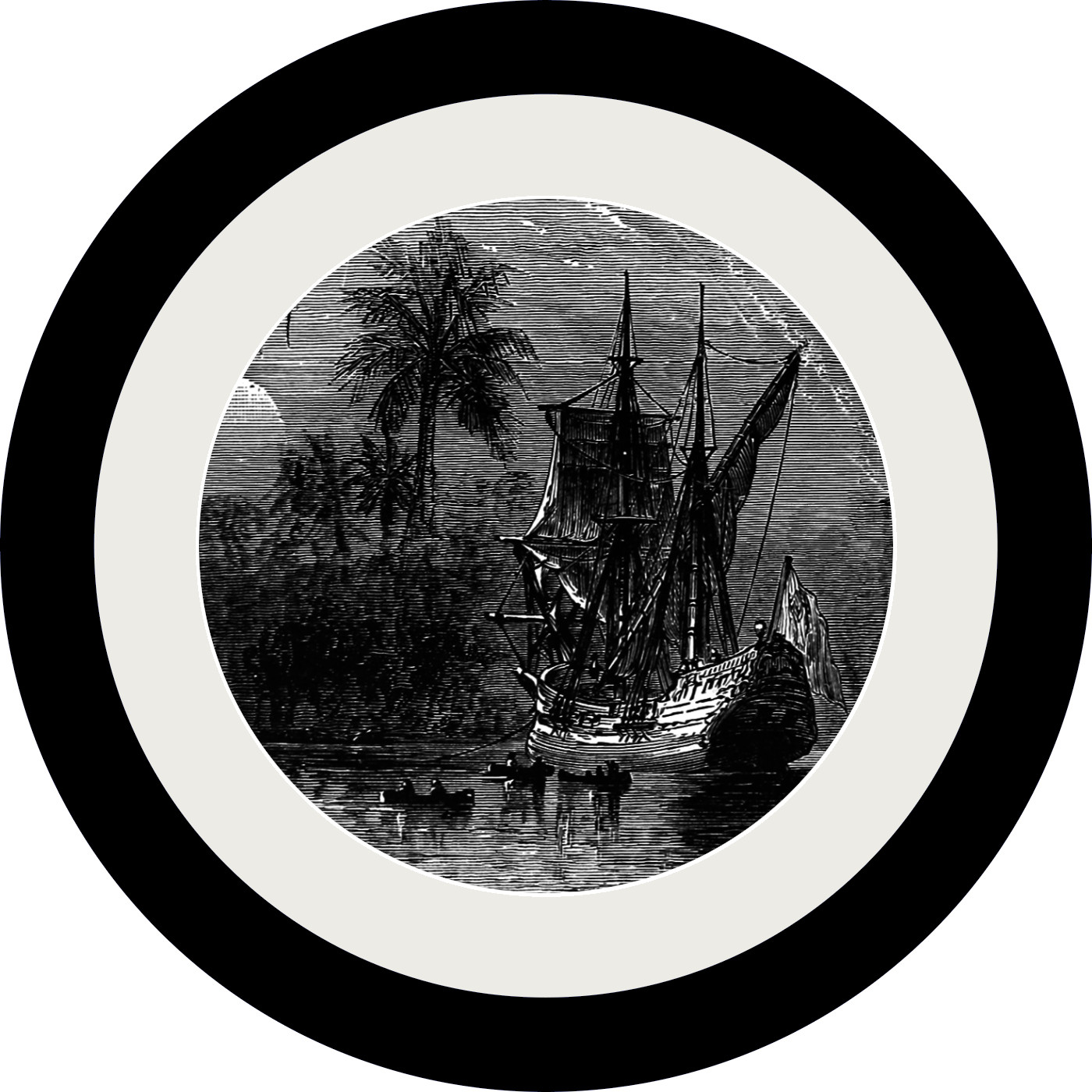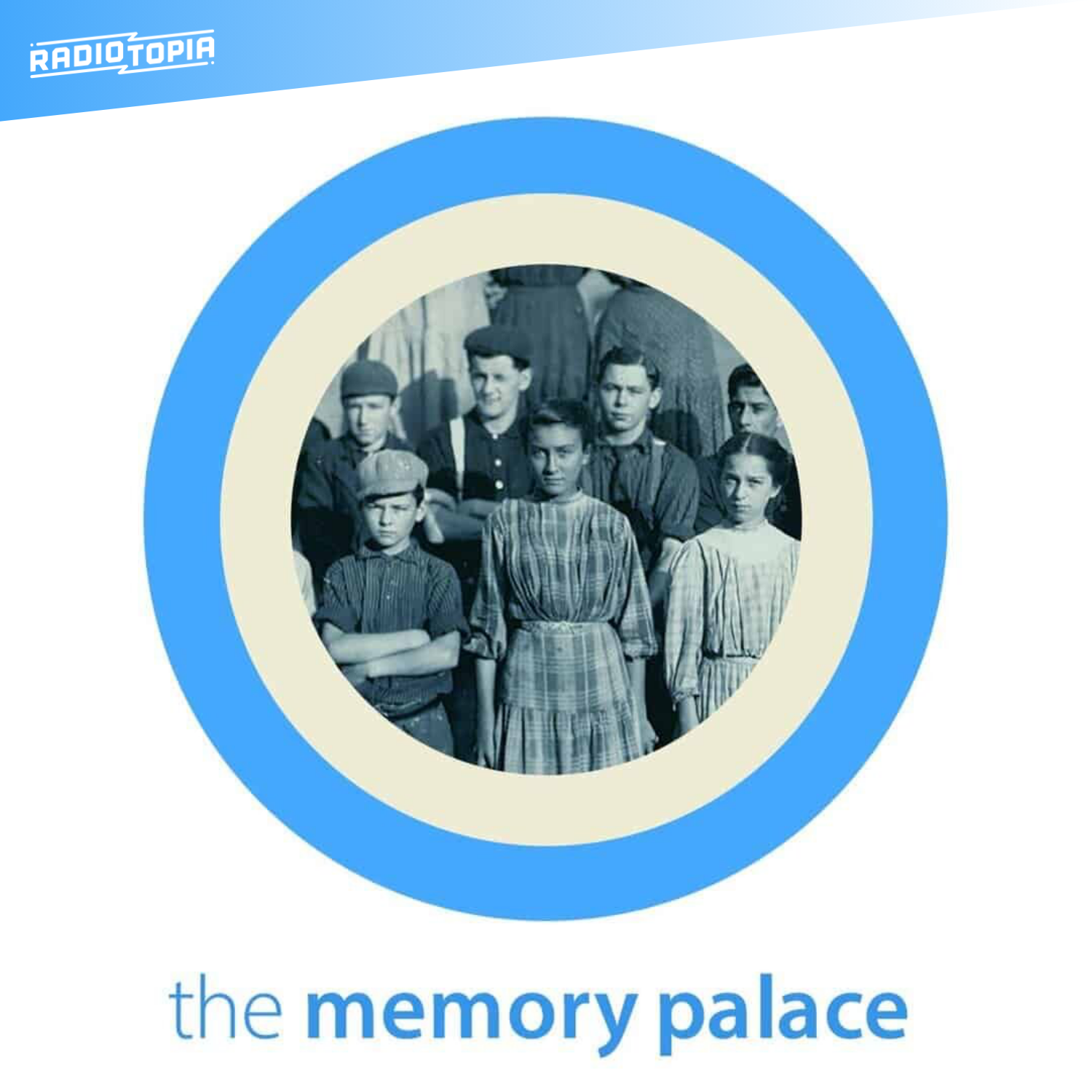Episode 79: Artist in Landscape
This show is a proud member of Radiotopia from PRX.
This episode was originally released in November, 2015.
Music
* Under the credits is Harlaamstrat 74 off of John Dankworth’s Modesty Blaise score.
* They first meet to a piece called Brouillard (version 1) from Georges Delaure’s extraordinary score to Jules et Jim. (A second version comes in later when J.J. Audubon is living the high life in England).
* We also hear Waltz by Mother Falcon.
* I go back to the Marcelo Zarvos/Please Give well when the Scotsman arrives at their store. Note: it’s the go-to soundtrack for “People Arriving at One’s Store With A Life Changing Proposition” here at the Memory Palace. Also: go watch Please Give.
* The little piano piece is from Nathan Johnson’s score to The Day I Saw Your Heart.
* Lucy and John titter like plovers to Andrew Cyrille’s dope, skittering drums on Nuba 1.
* The especially sad bit, right before the end is Dream 3 (in the Midst of my Life), from Max Richter’s giant, From Sleep album.
* A couple times, including the ending, we hear “the Lark Ascending” from Ralph Vaughn Willliams. It is beautiful. You should buy it.
Notes
As per usual, I read a lot about the Audubons and the Bakewells.
I relied most upon the charming and smart, On the Road with John James Audubon by Mary Durant, and Carolyn DeLatte’s lovely, thoughtful book, Lucy Audubon: a Biography.
* Just a quick note: there’s a very enjoyable PBS/American Masters/Nature documentary about Audubon. It’s a fun and informative watch. But, I’ll say, you come out of that thinking that things were fundamentally swell between Lucy and John in a way that I’m not entirely sure is supported by the facts. Or jibes with, you know, human nature.
Learn about your ad choices: dovetail.prx.org/ad-choices
Press play and read along
Transcript
Transcript is processing—check back soon.





